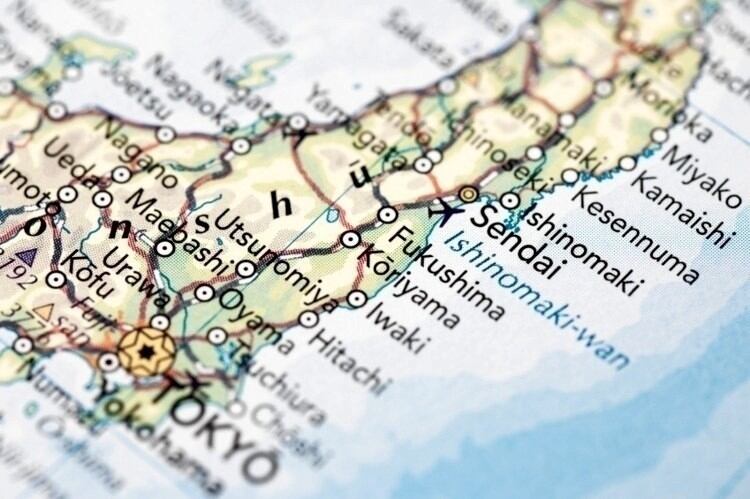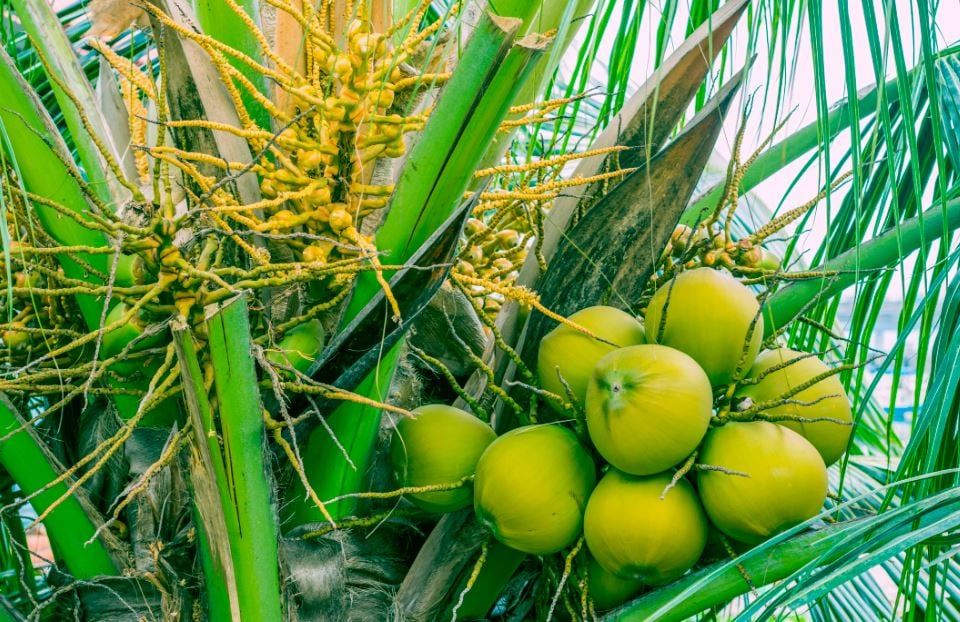Many foods from the Japanese prefectures of Fukushima, Gunma, Ibaraki and Tochigi have had import restrictions placed on them by countries worldwide since an 8.9 magnitude earthquake struck the country’s Pacific Coast on March 11 2011, damaging the Fukushima Daiichi nuclear plant and causing radioactive iodine contamination to various nearby foods.
The Philippines lifted its bans and import restrictions on all Japanese foods from these regions earlier this month and this move was announced by Philippines Foreign Affairs Secretary Teodoro Locsin Jr. alongside Japanese Foreign Minister Motegi Toshimitsu who was visiting the country.
"Japan welcomes the lifting of the import ban of food products from Japan by the government of the Philippines yesterday," said Toshimitsu at a press conference.
"With this lifting, we hope that safe food from Fukushima as well as other parts of Japan will reach many people in the Philippines," he added.
Locsin described the friendship between the two countries as ‘golden’, and emphasised that this relationship ‘remains one of the region’s closest and strongest’.
“The Philippines-Japan Strategic Partnership has been a positive force, not just for Philippine development and security, but in the best interest of our larger region,” he added.
According to the Japanese Ministry of Agriculture, Forestry and Fisheries’ Food Industry Affairs Bureau, Philippines is the 34th country worldwide and the 12th country in the Asia Pacific region to fully lift all bans on foods from the affected regions.
Within APAC, it is behind Myanmar (which lifted the bans in 2011), New Zealand (2012), Malaysia and Vietnam (2013), Australia (2014), Thailand (2015), India and Nepal (2016), Pakistan (2017), New Caledonia (2018), and Brunei (2019).
The country had previously already lifted bans on four types of fish from Fukushima, with then-Agricultural Secretary Emmanuel Pinol describing the ban as ‘bureaucratic gobbledygook’.
State of bans in other countries
The bureau also revealed other major countries in the region which have partially relaxed import restrictions including Singapore, Hong Kong, China and Macau.
Of these, the most progress so far seems to have been made with Singapore – As of this month, the Singapore Food Agency (SFA) has lifted import restrictions on all food products from seven demarcated areas close and around the Fukushima Nuclear Power Plant, as well as on seafood and forest products from all other areas in the Fukushima prefecture.
“The lifting of [these] restrictions is subject to the condition that pre-export test certificates are submitted for every consignment of food products from the prefectures/areas listed,” said SFA in a formal statement.
“The test certificate is to certify that the food has been tested and no radioactive contaminants were detected above 100 Bq/kg for radioactive caesium.”
The agency’s predecessor Agri-Food & Veterinary Authority (AVA) had also removed the requirement for area surveillance certificates for foods allowed from Fukushima, as well as the requirement for pre-export test certificates for seafood and forest products from Gunma, Ibaraki and Tochigi prefectures in February last year.
No end in sight to battle
Japan has been fighting a long battle to get global consumers to get over any fear of their products being radiation-contaminated. Over in China and Hong Kong though, the odds of a full lifting of the ban seem unlikely as of now, much less in places that have thoroughly opposed any relaxation of these relevant import requirements such as Taiwan.
So far, China has only lifted its import ban on rice from the nearby Niigata prefecture, whereas Hong Kong has only relaxed for some products from the four prefectures, but still needs test certificates and exporter certificates.
The situation in Taiwan is complicated: As of February 2018, the government had shown a softening in stance towards lifting import restrictions, but in September, fervent protests were seen by the country’s opposition party Kuomintang via calls for an ‘anti-nuclear’ referendum.
The relevant Japanese food imports were dubbed ‘nuclear foods’ and the referendum went ahead in December. Against Japan’s best hopes, the public voted against lifting the bans.
The referendum has previously been described as a Kuomintang ‘scheme’ by a Taiwanese politician, as well as ‘political and not scientific’ by Japanese de facto ambassador to Taiwan, head of the Japan-Taiwan Exchange Association Mikio Numata.
South Korea still maintains bans on seafood from Fukushima – Japan had successfully contested this ban at the World Trade Organisation in February last year, but a follow-up appeal by South Korea overturned this decision a few months later.





